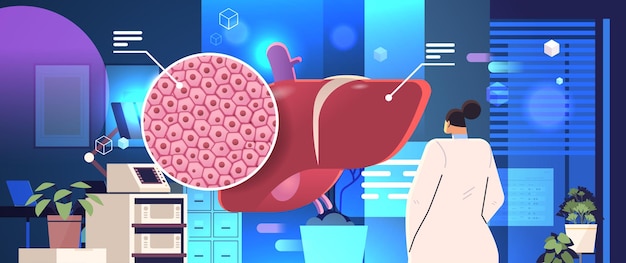How Gut Bacteria Protects Your Liver
A recent study from Imperial College London explored the impact of exposing germ-free mice to environmental microbiota. After just five days, these mice gained weight and their liver metabolism underwent significant changes. The study observed rapid alterations in glucose, glycogen, and triglyceride metabolism following bacterial exposure. This suggests that even a single strain of bacteria can either enhance or impair liver function. Additionally, researchers discovered that bacteria stimulated the enzyme responsible for drug-detoxifying pathways. This finding indicates that an influx of beneficial bacteria might aid in detoxifying pharmaceuticals or other chemicals.
Probiotics might also play a role in preventing the absorption of lipopolysaccharides in the intestines, potentially reducing liver irritation. This implies that consuming probiotics could significantly lower the risk of liver disease for some individuals. Probiotic supplementation has been proposed as a method to combat non-alcoholic fatty liver disease (NAFLD) by inhibiting pathogens. Beyond pathogen inhibition, probiotics may also help regulate the overproduction of cytokines, which can lead to NAFLD and other health issues. Prebiotics could offer additional benefits by nourishing probiotics and supporting their growth within the gut microbiota.
Other Ways to Support Liver Health
Your liver is a complex organ capable of processing and eliminating various toxins you encounter daily. However, the sheer volume of toxins in our environment, food, and other sources can overwhelm the liver, leading to the accumulation of toxic substances. A liver cleanse can support overall liver function by aiding the detoxification process. Eating organic foods can also reduce your toxic load, as research suggests that minimizing pesticide exposure through organic eating may help protect gut flora.

